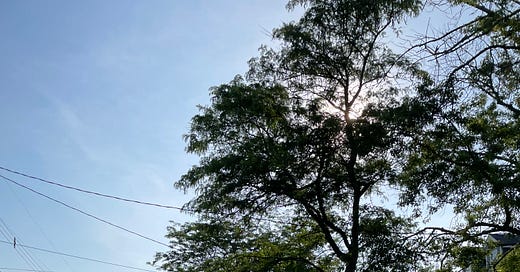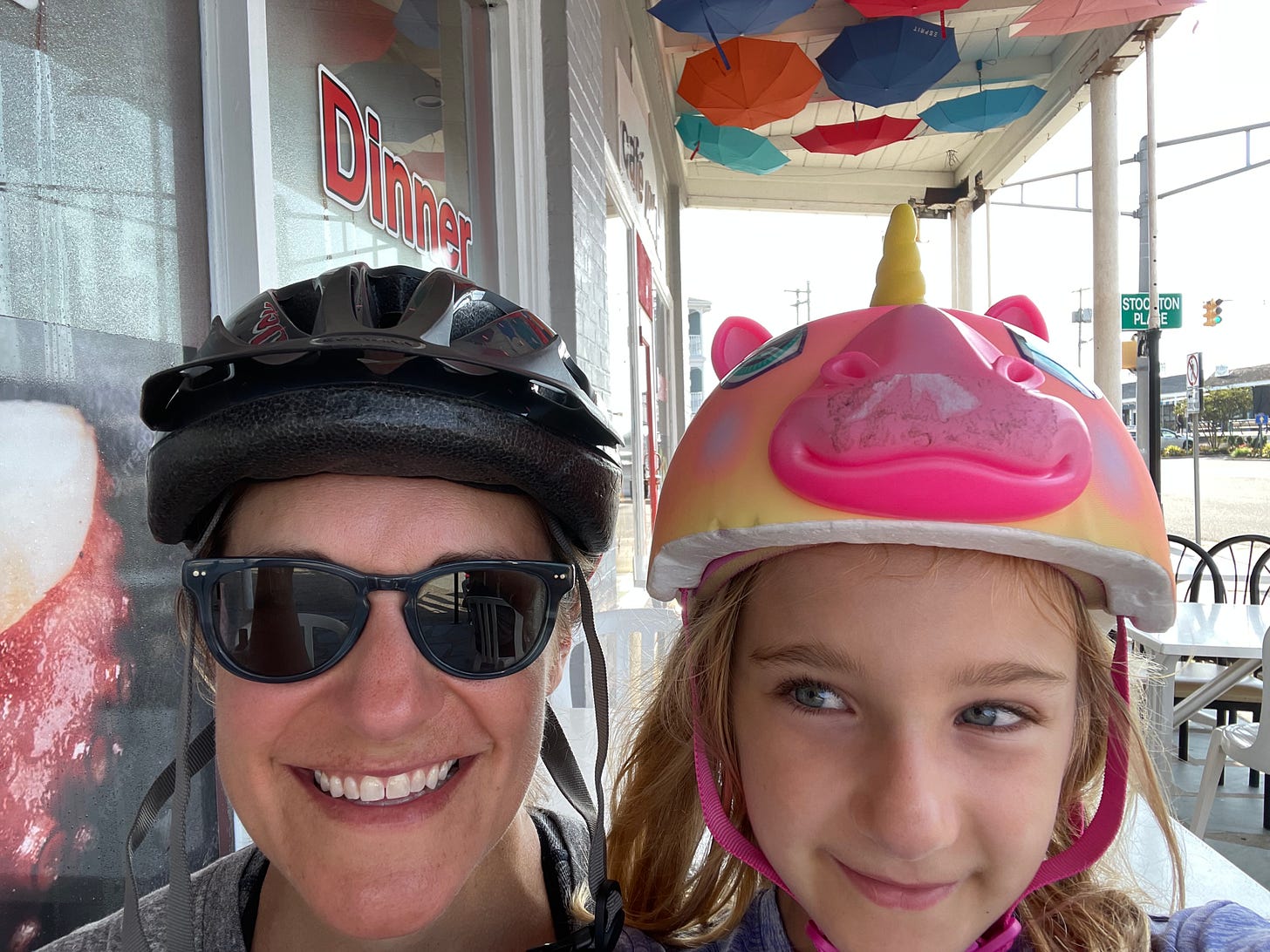“One of the things I know about writing is this: spend it all, shoot it, play it, lose it, all, right away, every time. Do not hoard what seems good for a later place in the book or for another book; give it, give it all, give it now. The impulse to save something good for a better place later is the signal to spend it now. Something more will arise for later, something better. These things fill from behind, from beneath, like well water. Similarly, the impulse to keep to yourself what you have learned is not only shameful, it is destructive. Anything you do not give freely and abundantly becomes lost to you. You open your safe and find ashes.”
—Annie Dillard, The Writing Life (Harper & Row, 1989)
It’s an obvious truth but I’ll say it anyway: advice for writing is (almost always) also advice for life.
When I read these words, I think of my Gollum-like hoarding tendencies. How I’ll hang onto a draft thinking “I’m saving this for a top journal” rather than finding it a great, lesser-known home. Or, how I’ll keep a good idea as a line in my “ideas” doc rather than writing the thing itself, telling myself, I don’t know enough; I can’t possibly do it justice yet.
I also think of how I contract when I’m afraid or exhausted or unsure about how to move forward. I turn inward to protect whatever time or energy or resources I’ve got because I’m afraid I’ll run out entirely (scarcity mindset, anyone?)
This morning, I didn’t know what to write for this post. I looked through old drafts and my rambling ideas doc and nothing felt right. My inner critical voice said, This is it: the death knell of your newsletter—ALL YOUR IDEAS HAVE RUN DRY…then I decided, I’ll skip a Sunday and just journal for myself.
In my notebook, I wrote, “The one thing I know: I want to be alive while I’m alive. I have so many threads of thinking and fears and hopes in my brain at once. My head feels migrainey but the meds should work & I’ll move toward being ok. A cold drizzle falls outside. I can see clearly right now how many times and how many ways my perfectionism and anxiety keep me from being fully alive. Fully present with myself. With Nico and the kids. But how do I learn a new way?”
I realized I did want to write something. And, I didn’t want to fret about making it perfect. I just wanted to send this idea out into the universe in case someone else might need it. Might feel less alone in their desire to feel more alive—but, like me, not being sure exactly how to do it.
So, here I am now, thinking of my early morning solo bike rides at Cape May, NJ, on my family vacation this summer. How one morning, my daughter, Lulu, woke up early just as I was about to leave on my bike. On the solo bike ride ritual that had become sacred to me. I was so looking forward to going alone, waking up slowly in the half-dark, gliding over the wide, quiet streets. Then, Lulu arrived and wanted to bike with me, chirping about how excited she was to come with me, putting on her unicorn helmet. My whole body contracted. I just wanted to have MY time. If she came with me, my brain would have to be on high alert mode rather than my dreamy riding-alone mode.
But she was so excited and grinning her toothy grin and she said, “It will be a Mama-Lulu adventure!” The language I use when I want to make something sound fun that might be challenging. How could I say no?
I said yes and we rode off together, and it became our ritual. Every morning we rode together, and, even though it was not relaxing, it was really fun. We had to communicate in new ways on the road, she told me long, rambling stories, and we made up our own biking version of the Shadowlands game from Bluey. Of course, it ended up being a highlight of the vacation for us both.
Dillard writes, “Anything you do not give freely and abundantly becomes lost to you.”
I hear this and feel this and yet in the moment, it is often very hard to act on.
I think of what Jenny Odell writes in Saving Time, a book I read and loved this summer, which is still kicking around in my brain:
“Time is not money. Time is beans. It was as serious as many jokes are, which is to say about half. Saying it meant that you could take time and give time, but also that you could plant time and grow more of it and that there were different varieties of time. It meant that all your time grew out of someone else’s time, maybe out of something someone planted long ago. It meant that time was not the currency of a zero-sum game and that, sometimes, the best way for me to get more time would be to give it to you, and the best way for you to get some would be to give it back to me. If time were not a commodity, then time, our time, would not be as scarce as it seemed just a moment ago. Together, we could have all the time in the world.”
I gave that time instead of hoarding it, and I got more back in return. I gave my energy, and I got more. I still struggle with this and I’m skeptical that I can create “all the time in the world,” especially when I’m utterly depleted and truly have nothing more to give. But maybe digging deep for the energy to plant more really will yield something beautiful, something that I can’t yet know.
Be Where You Are is a newsletter about how to use writing and mindfulness to be where you are. I’ll be back on Thursday with a prompt, and coming soon, another interview.
You’re always welcome to reply to this email, comment below, or find me on instagram (@mohnslate) or elsewhere. If you enjoyed this, I’d love it if you would subscribe, share this post, or send it to a friend.






Anxiety & exhaustion are so hard to combine with generosity (of patience, time, creativity)...I needed this today too.
I feel extreme scarcity around time - this helps, thank you.